What Are Tea Bags Used For In Gardens

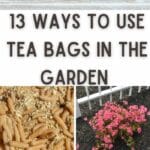
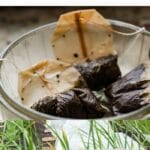
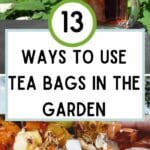

If you're an avid gardener, you're probably familiar with all the ways you can use coffee grounds in the garden.
But what if you aren't a fan of morning joe? If you prefer tea, don't worry – there are plenty of ways you can use tea bags in the garden, too, all of which will help you become more environmentally friendly and reduce the amount of waste you send to the landfill.
Rather than throwing away your used tea bags or loose tea grounds, consider them using them in your garden. Here are some great ways you can repurpose your tea bags to benefit your garden in both the short- and long-term.
13 Ways to Use Tea Bags in the Garden
Tea bags aren't the only things you can use in your garden. There are tons of great options out there already hiding in your pantry or garden shed. Things like how to use Epsom salt in your garden, or even how to use wood ash in your garden are some to consider. My favorite, of course, includes ways to use eggshells in your garden. It never fails to add just what I need to make something grow a larger harvest.
1. Improve Soil Quality
Tea bags offer a great source of nutrients for your garden. They are high in nitrogen, just as coffee grounds are, so adding them directly to your plants or to your compost is a great way to fertilize your plants.
You can either bury the tea bags right in the soil, or you can apply the actual tea to the soil. After steeping a pot of tea, add the cooled bags or the tea to soil. If you use the tea to water your plants, just let it cool first. This will prevent you from burning or shocking your plants.
Tea bags are natural, organic matter so they will improve soil quality and boost nutrient levels as they decompose. Tea bags don't just contain nitrogen – they also contain tannic acid which helps create a more fertile environment for just about any kind of plant.
If you still need added nitrogen, check out Dr. Earth for excellent nitro supplements to fit into your garden fertilizing routine.
2. Boost Acidity
You can also make a tea for your garden that will help boost acidity. Certain types of tea are particularly effective at doing this, such as green, white, black, and oolong tea, all of which contain tannic acid. This acid is what gives these teas their bitter, astringent test. Just brew up a batch of tea as you normally would before adding the bags to the garden.
There are certain types of plants that will particularly appreciate this boost of acidity, such as azaleas, ferns, and hydrangeas. You can even use already-brewed tea on them, just make sure you don't use any tea that contains cream or sugar.
3. Add Tea Bags to Compost
An easy way to use tea bags in the garden (without having random bags scattered among your plants!) is to add them to your compost. Mix the leaves directly into your compost, which will add nutrients without affecting the pH balance of your plants. Tea grounds will help encourage decomposing bacteria and can be added at any time.
One added benefit of throwing a few tea bags in your compost? The acidic leaves will help boost the rate of decomposition of other items, such as paper products and food scraps. Just remember to only add tea bags made out of natural materials, like paper or hemp, rather than those made out of polyester or polypropylene, as they won't decompose over time like those made out of organic materials will.
Here is a list of more things to compost as well as some great DIY compost bin ideas to get you started!
4. Use Instead of Water
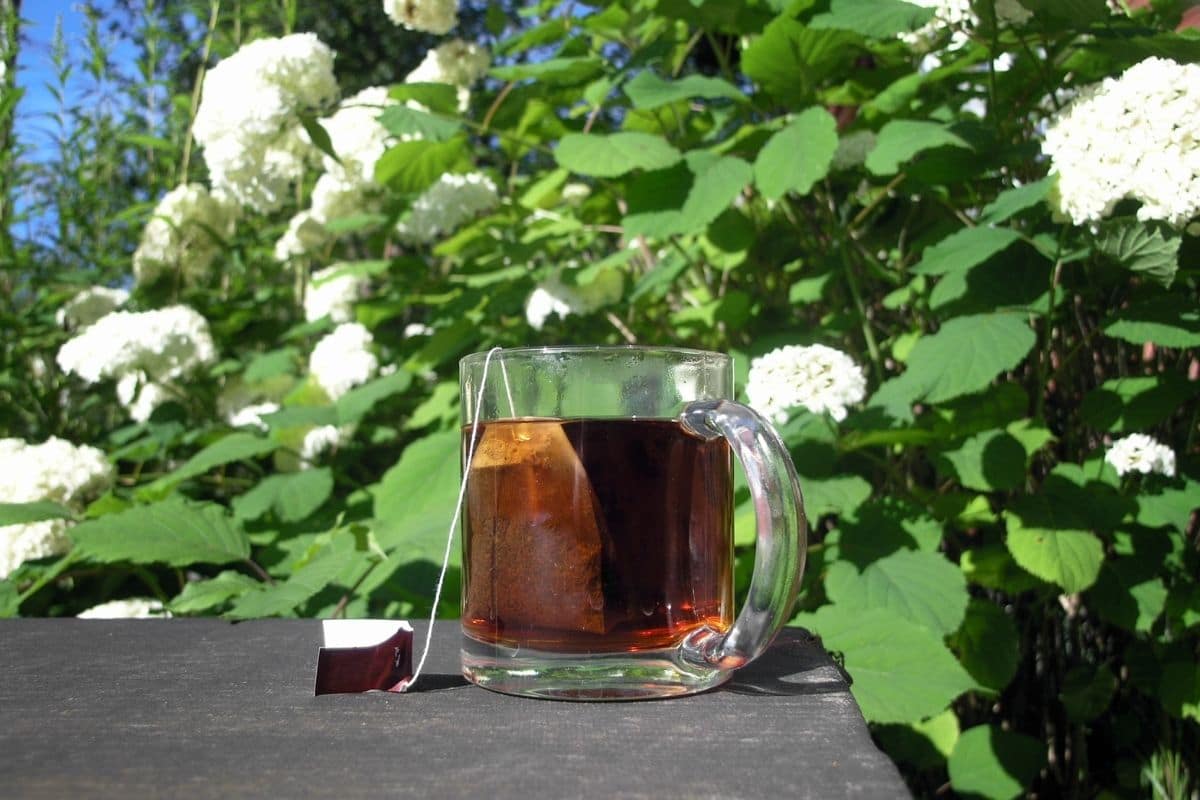
When watering your garden, consider using brewed tea (either once- or twice-brewed, so there's no need to make a fresh pot) to water your plants. It will add nutrients and boost the acidity, a must-have for acid-loving plants like roses and hydrangeas.
If watering is a frustration for you, check out these DIY water irrigation systems. You might also like the drip or soaker irrigation systems that can be purchased to regulate watering your plants.
5. Boost Moisture Retention and Weed Suppression
Adding tea bags to the soil can help provide organic matter. This will improve your drainage while also improving the ability of your soil to hold and maintain moisture. This can increase the number of earthworms in your soil and also increase oxygen level.
Not only that, but burying some tea bags around your plants can help aid in weed suppression, too.
6. Deal With Dead Spots on Your Lawn
If your lawn is filled with bare or dead spots and you're interested in adding fresh seed, all you need is a moist tea bag. Place it on the spot of your lawn that is dead or dying, and then sew over it with grass seed. The tea bag will help add moisture and will decompose over time, adding nutrients to the soil that will aid in grass growth.
Check out these DIY aerators that can also help to make your lawn absolutely gorgeous!
7. Get Rid of Root Maggots
Some worms and maggots are beneficial in the garden, helping your garden's ecosystem function properly. There are some, though, that can be extremely harmful to your plants.
The root maggot is an example. Tea bags, fortunately, can help to keep them away. Bury a few tea bags near the roots of your plants to get rid of them.
8. Prevent Pests From Eating Your Plants
If there are bugs in your garden, know that many of the harmful ones can be repelled with a few tea bags. The strong scent of used tea bags will repel all kinds of pests, including aphids and slugs.
You can also use these homemade pesticides if you are struggling with bugs. If you don't have time to make your own, check out the Fox Farm Force of Nature brand for more options that are easy to locate and affordable.
9. Keep Cats Out
While there's nothing wrong with owning a cat (sorry, dog lovers!), it can be frustrating when the neighborhood tabby decides to use your garden as his personal litter box. You can repel him with the bitter scent of tea leaves. He will stay far away, but you don't have to worry about any harmful effects.
10. Start Seedlings
Tea bags provide an excellent source of plant food. You can grow seedlings in them by pressing them into the bags and then growing them as you normally would. As long as you are using tea bags made out of natural materials (like paper or hemp) you can plant directly in the garden with no need for pulling the seedlings out of the planting vessel – a benefit for plants with sensitive roots that are easily disturbed.
Here are the best choices to start as indoor seedlings. You may also appreciate these tips for preventing leggy seedlings, hardening off seedlings, or even tips for germinating seedlings.
11. Fight Fungus
Brew a weak tea with chamomile or black tea bags, and you can use the brew to fight fungus on your plants. Genius!
12. Feed Your Worm Colony
If you have a vermicomposting bin ( a great way to start composting indoors!) you can feed your worms and keep them happy with a few tea bags. The worms will feed voraciously on the bags.
13. Clean Houseplants
Houseplants can get dusty and dirty over time, particularly on their leaves. You can use tea bags to gently clean the surface of the leaves. Plus, the leaves will absorb small amounts of tea through their leaves, giving them a boost, too.
Why Are Tea Bags So Helpful in the Garden?
Tea bags are filled with nutrients that can add fertility and structure to your soil, helping your plants grow vigorously and strong over the season.
It's important to note that, when you are adding tea bags to the garden, you will not want to use those that are made out of polyester or polypropylene. These won't decompose easily, nor will the metal staples that are often found inside tea bags. Instead, stick to paper tea bags or remove the grounds from polyester bags before you add them to your garden.
Otherwise, tea bags make a nutritious addition to your garden – providing you with a ton of benefits while also reducing your overall waste. Consider these 13 ways to use tea bags in your garden for a healthy, productive, and waste-free growing season!
What Are Tea Bags Used For In Gardens
Source: https://www.diyncrafts.com/114316/home/gardening/13-ways-to-use-tea-bags-in-the-garden
Posted by: grandepoved1950.blogspot.com

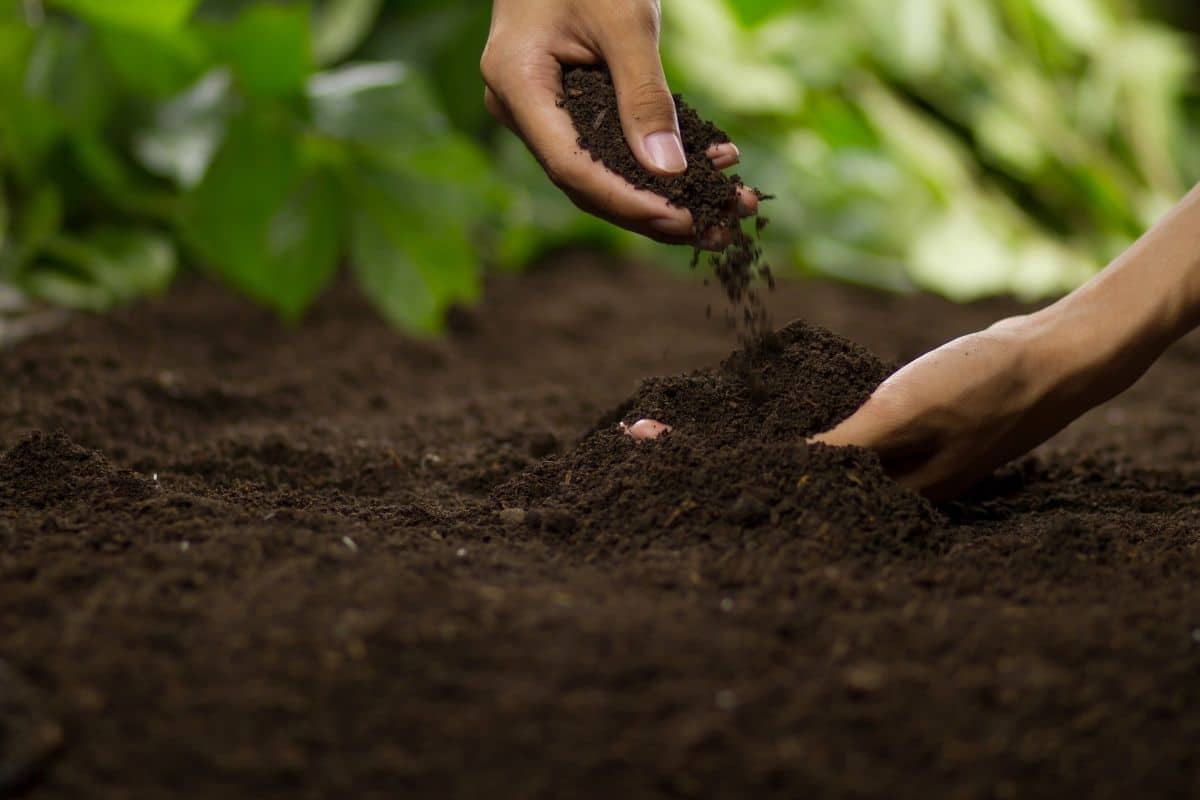
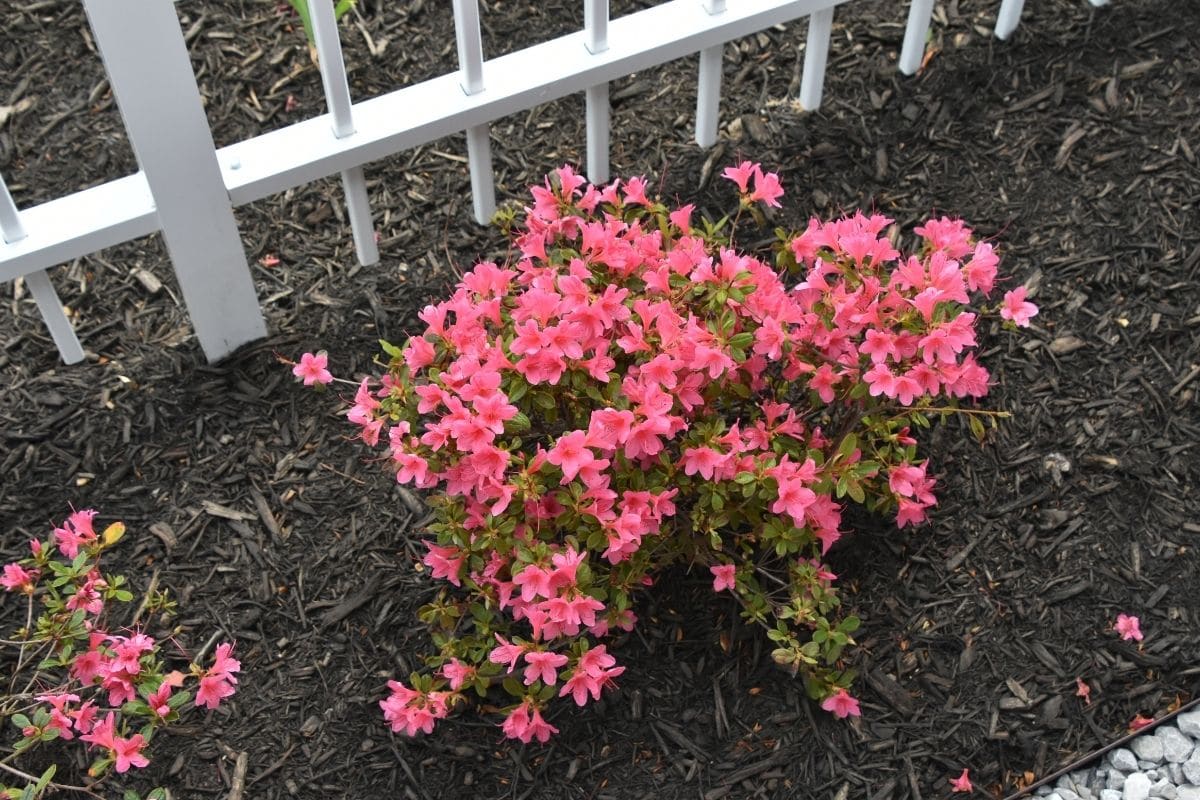

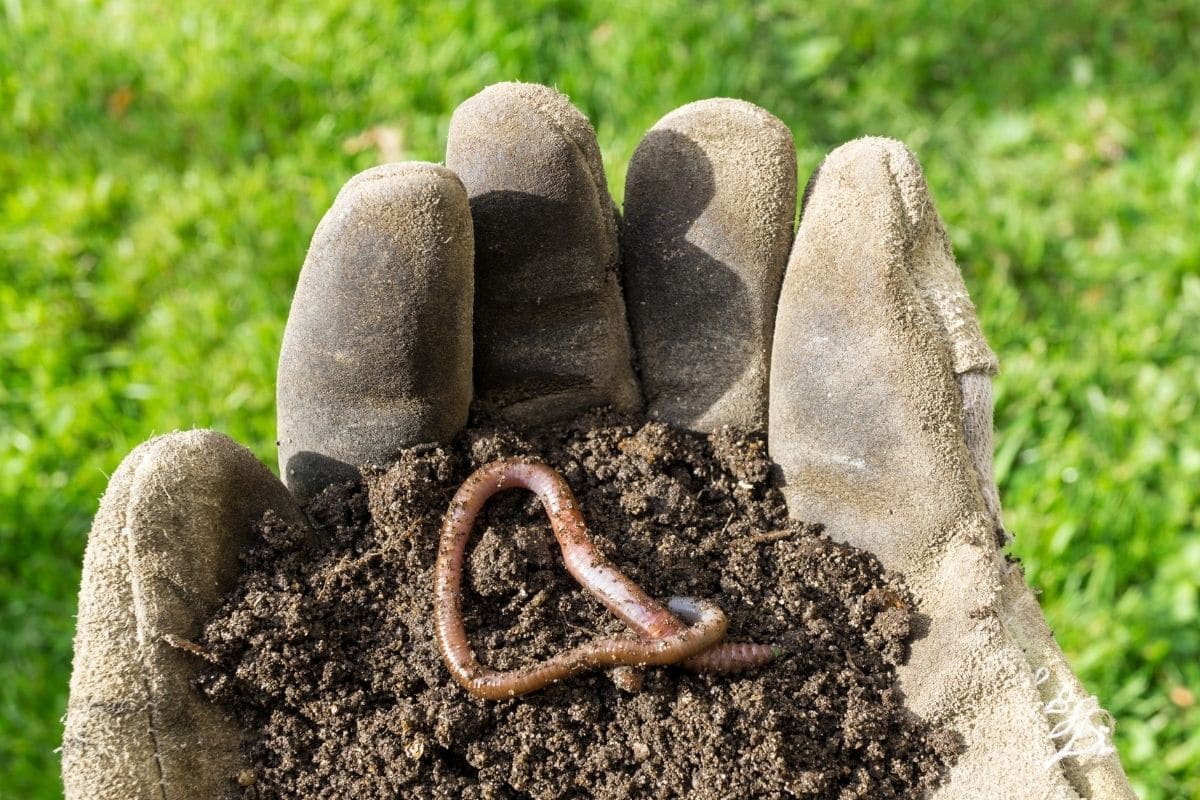
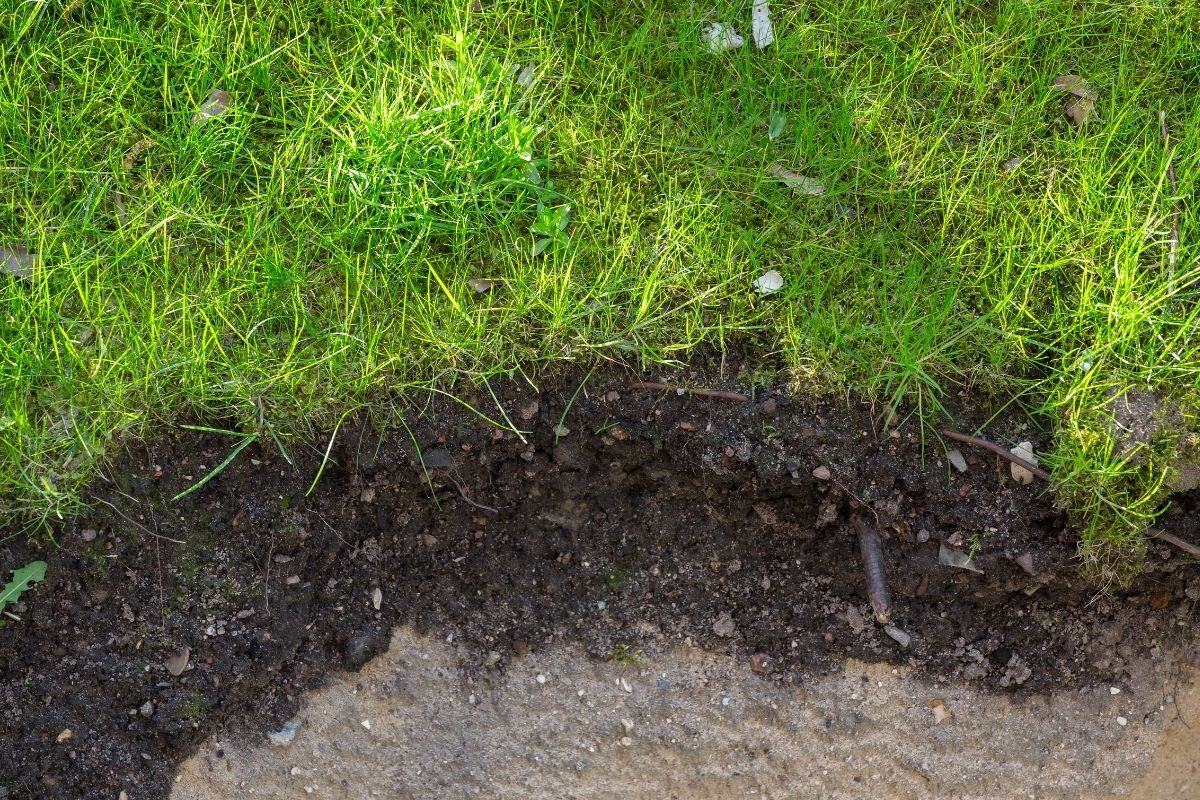
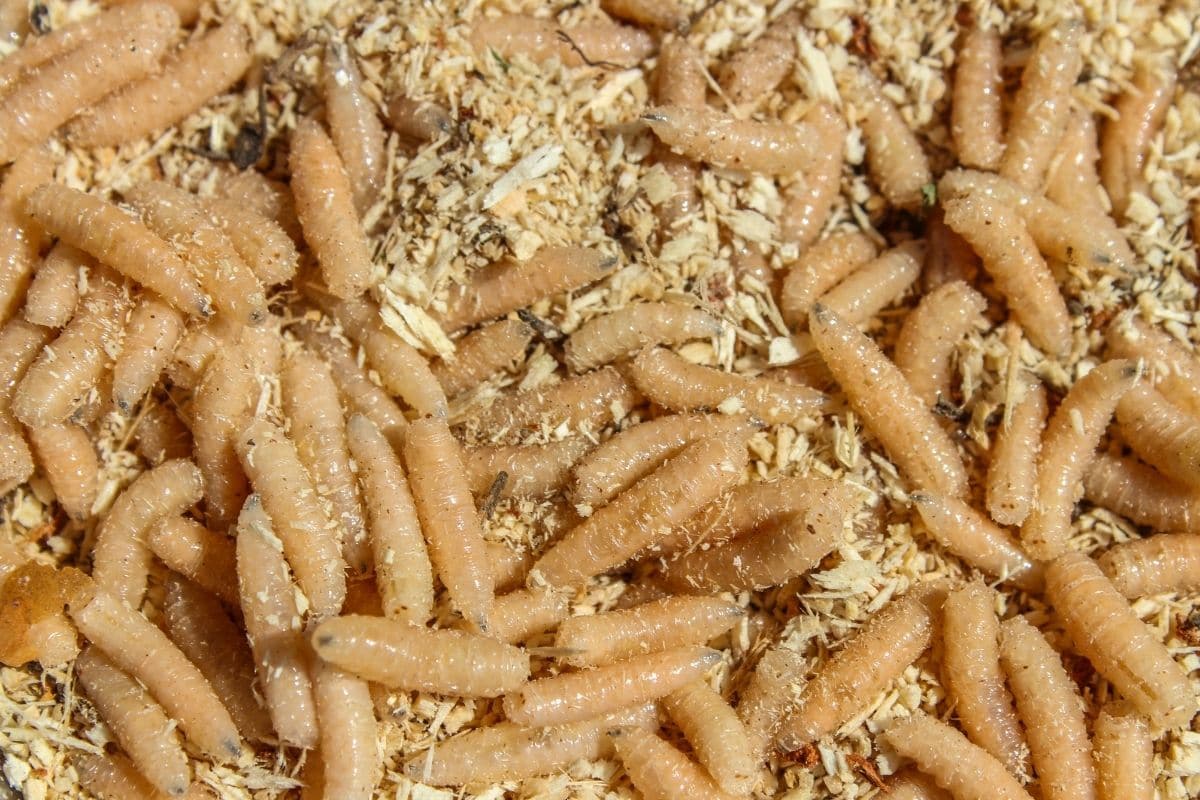
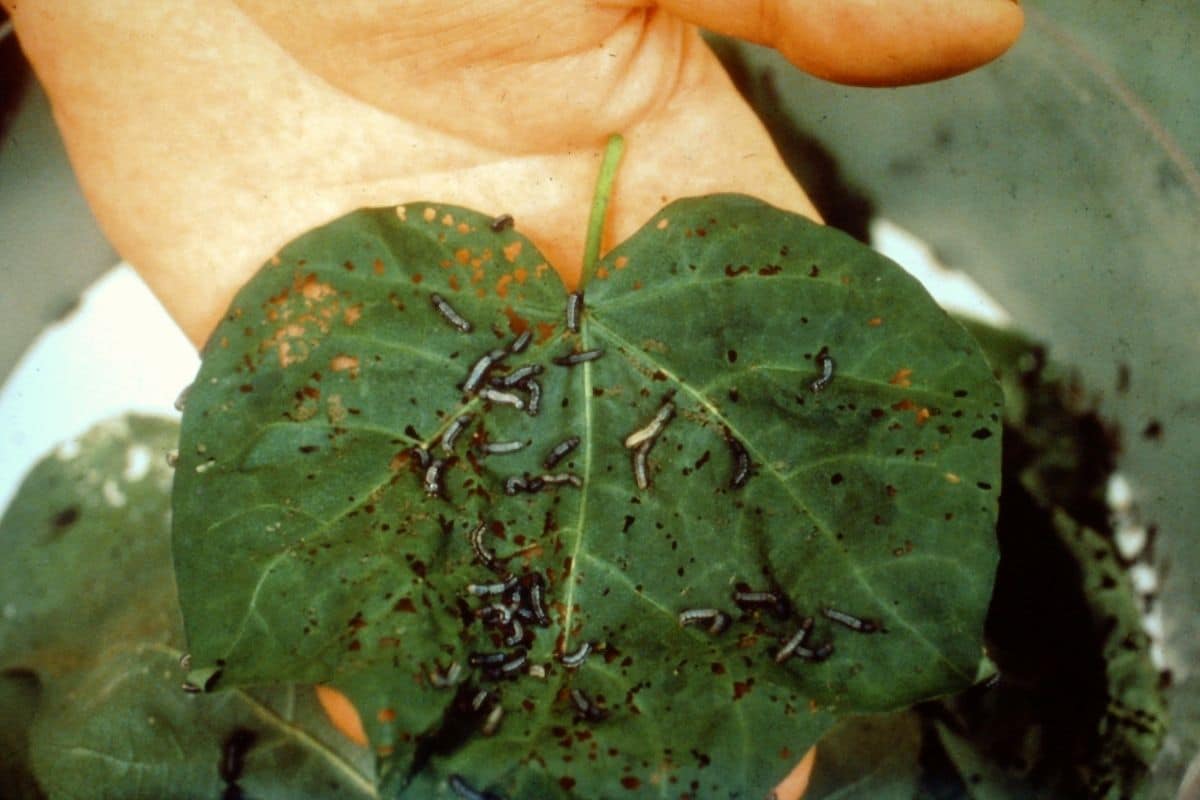
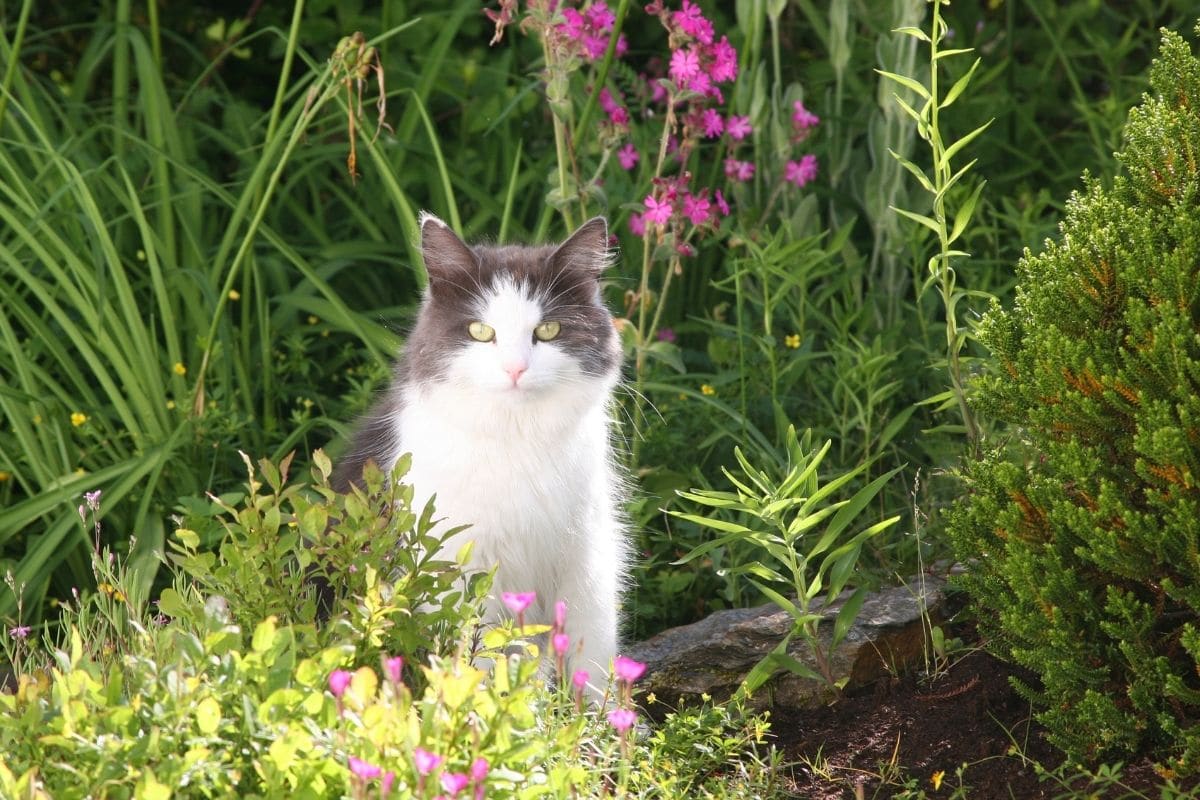
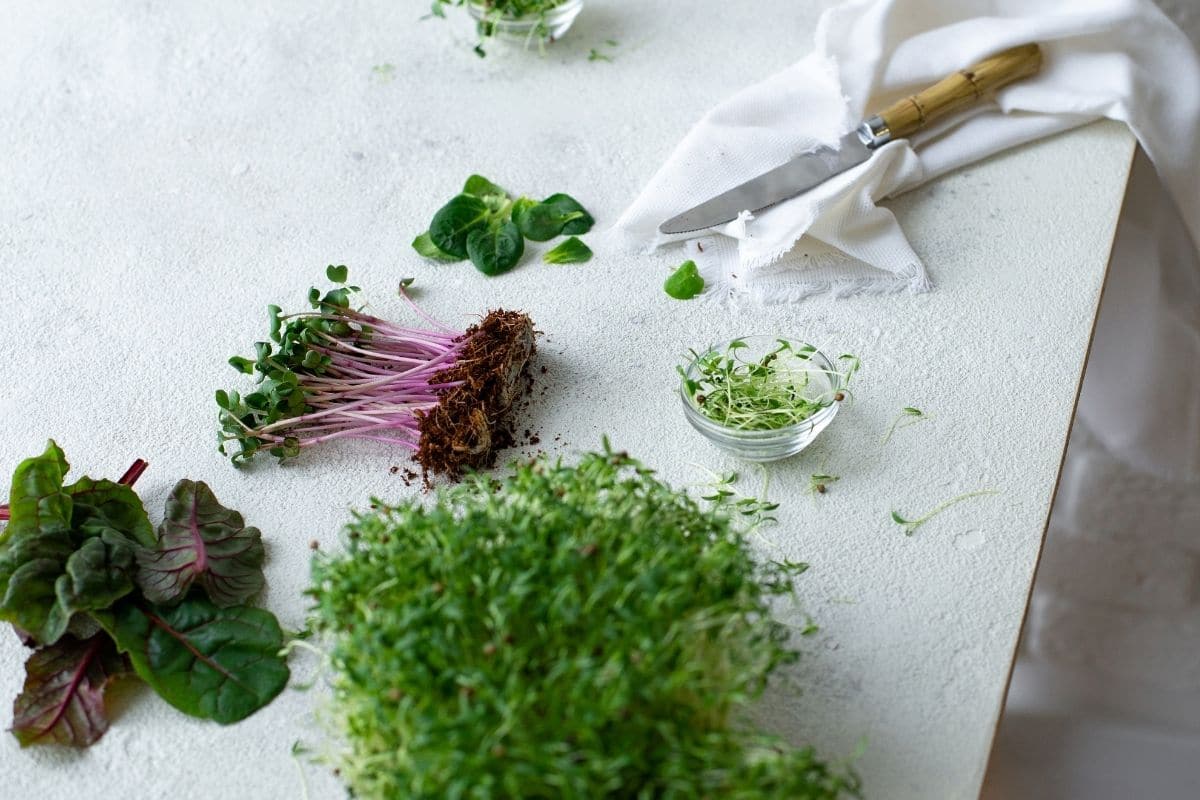
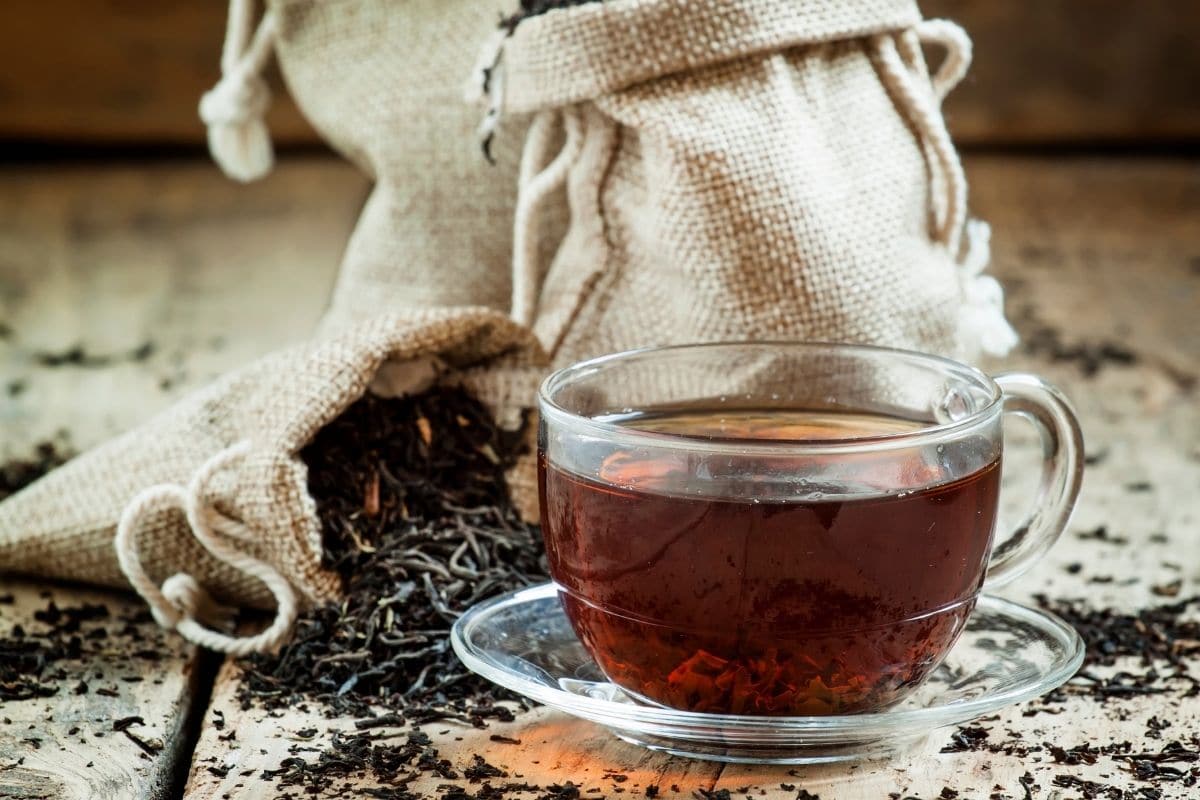
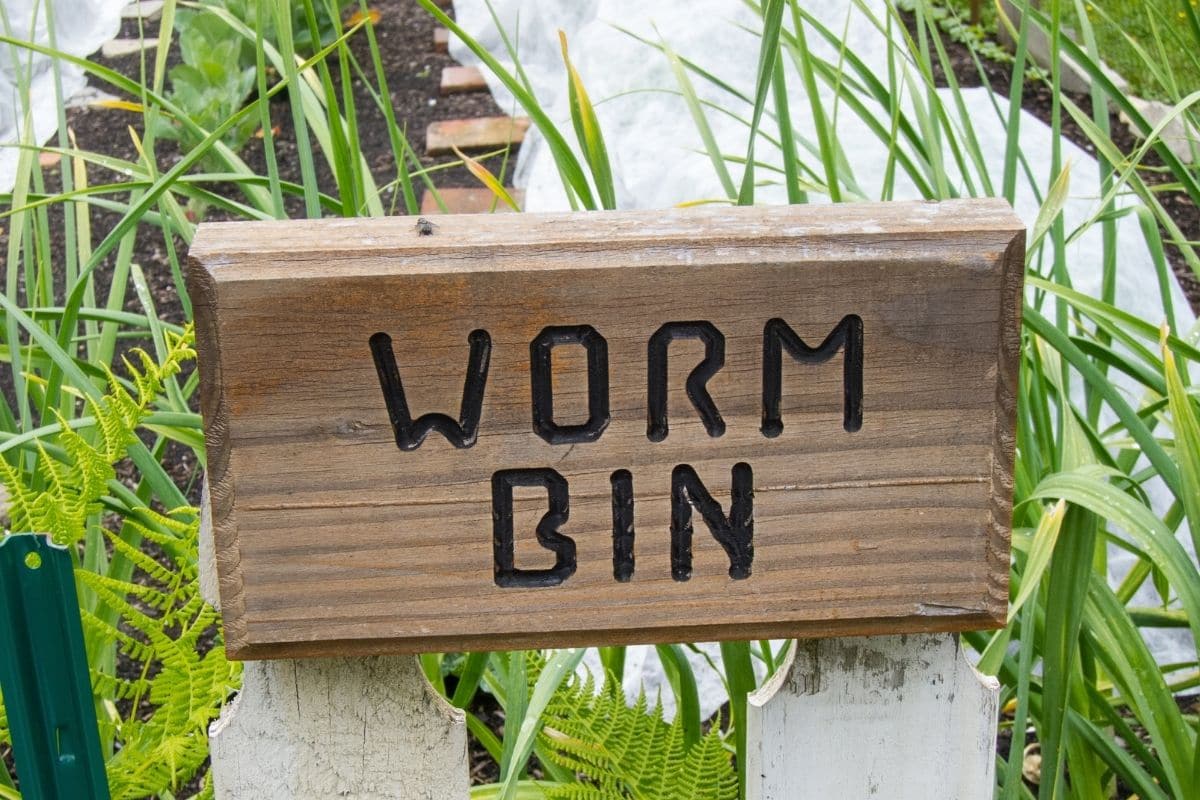
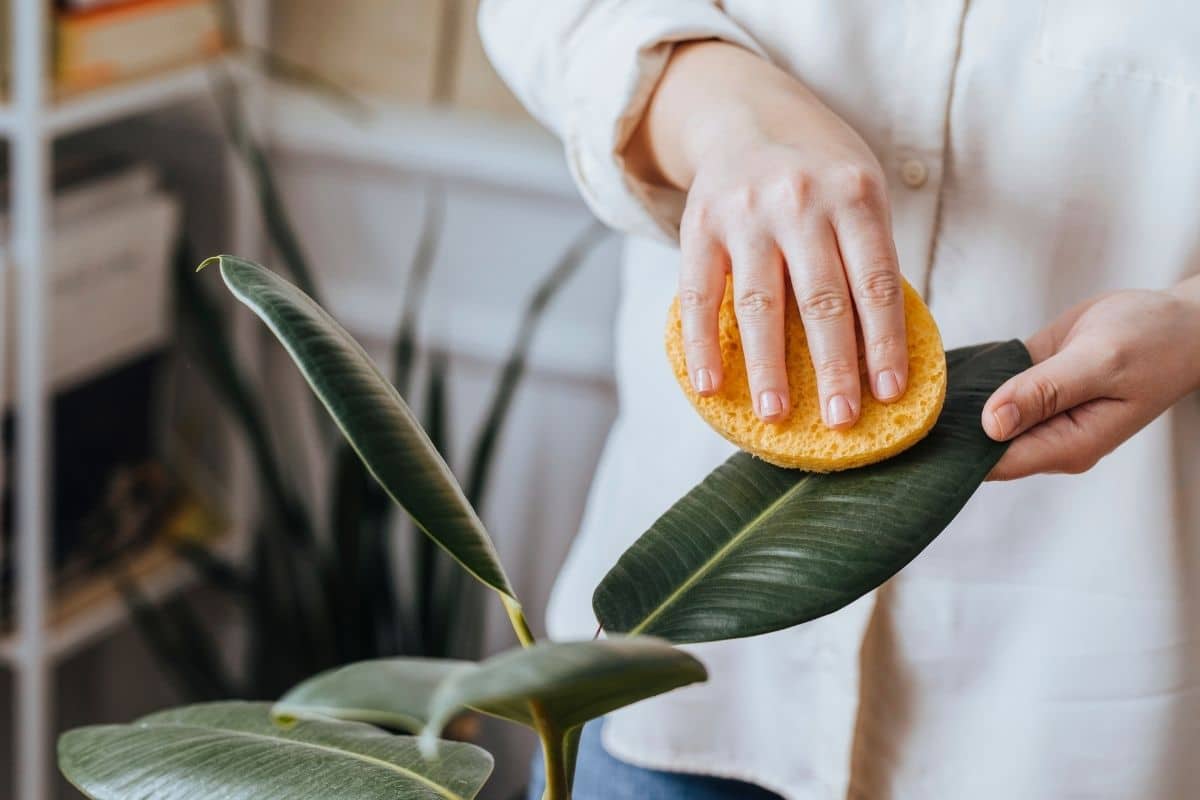
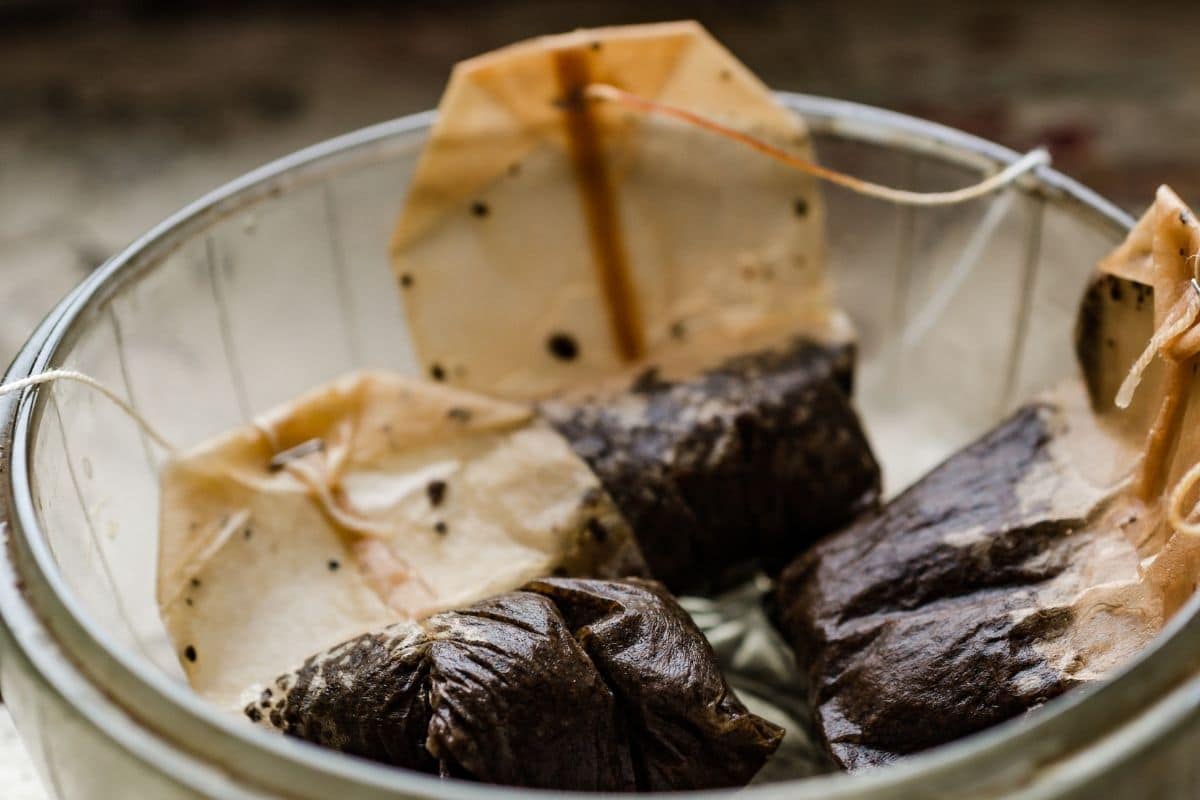
0 Response to "What Are Tea Bags Used For In Gardens"
Post a Comment